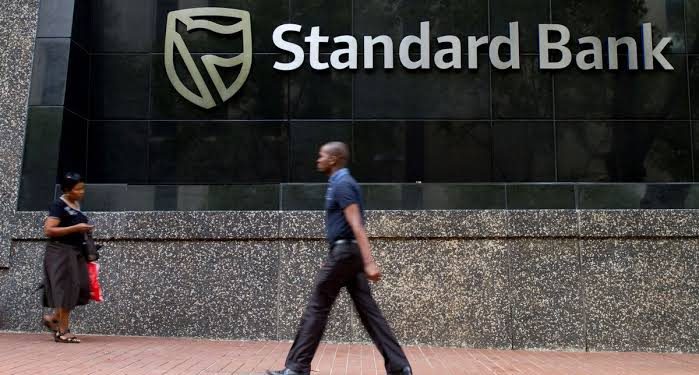In a major development for Nigeria’s financial sector, Bank of New York (BNY), in collaboration with Standard Bank Group, has launched Global Depositary Notes (GDNs) backed by Nigeria’s sovereign naira-denominated debt. The initiative, confirmed by the Central Bank of Nigeria (CBN), is expected to widen international investor access to the country’s high-yield local debt instruments.
This marks a significant step towards deeper integration of Nigeria’s debt market into the global financial system. The newly introduced GDNs will be eligible for settlement via major international clearing systems, Euroclear and Clearstream, making it easier for foreign institutional investors to participate in Nigeria’s local bond and Treasury bill markets.
The program aims to leverage Standard Bank’s strong local expertise and BNY’s global investment infrastructure to present Nigeria’s sovereign debt denominated in naira as a globally accessible asset class. With GDNs issued in two formats, Regulation S and Rule 144A , the move ensures compliance with international securities regulations and caters to a wide spectrum of investors.
Nigeria offers some of the most attractive sovereign debt yields among emerging markets. Recently, 182-day Treasury bills were sold at an 18.5% yield, while the benchmark 2033 bond was trading at 19.33%. These rates continue to position Nigeria as a lucrative destination for yield-hungry investors seeking exposure to African markets.
According to Chris Kearns, Global Head of Depositary Receipts at BNY , the launch of the GDN program is a strategic move that “unlocks investment potential across Africa and supports the development of capital markets on the continent.”
Standard Bank’s representative, Sola Adegbesan, emphasized the GDNs as a unique opportunity for investors to gain simplified access to one of Africa’s largest and most dynamic economies. He described the program as a streamlined route for capital inflow into Nigeria’s sovereign debt market, which has traditionally been underexposed to global investors due to infrastructural and regulatory barriers.
The GDN initiative comes at a time when Nigeria is seeking to boost foreign participation in its financial markets, improve liquidity, and attract much-needed foreign capital to support broader economic reforms. It also reinforces the CBN’s commitment to making the local debt market more transparent, efficient, and attractive to offshore investors.
With GDNs now making Nigerian naira-denominated debt globally tradable through familiar international systems, this launch could pave the way for increased foreign portfolio inflows, enhance confidence in local debt instruments, and elevate Nigeria’s standing in global capital markets.










